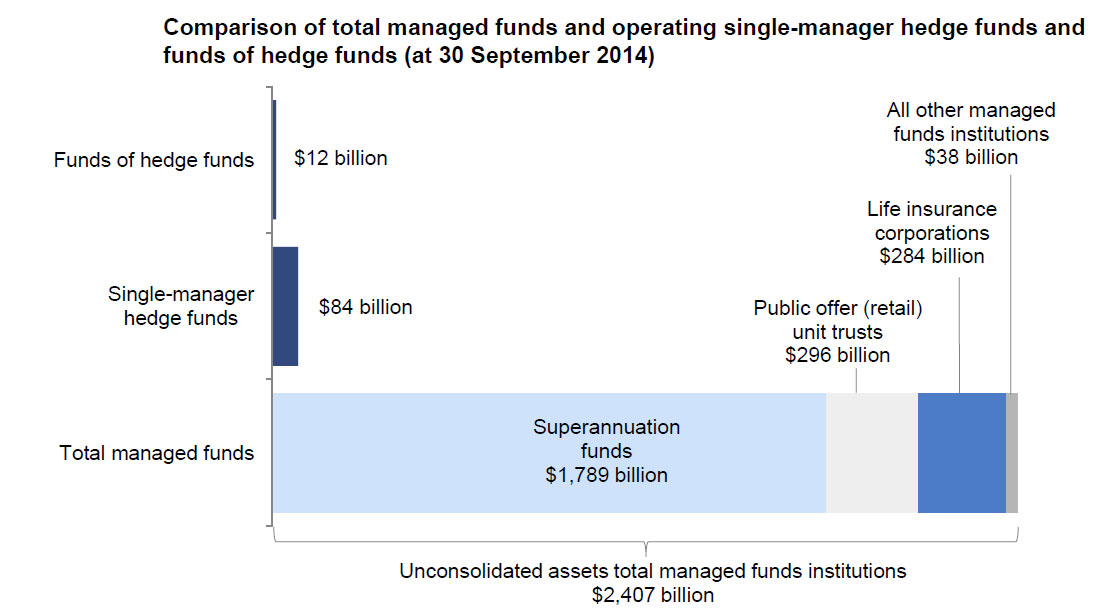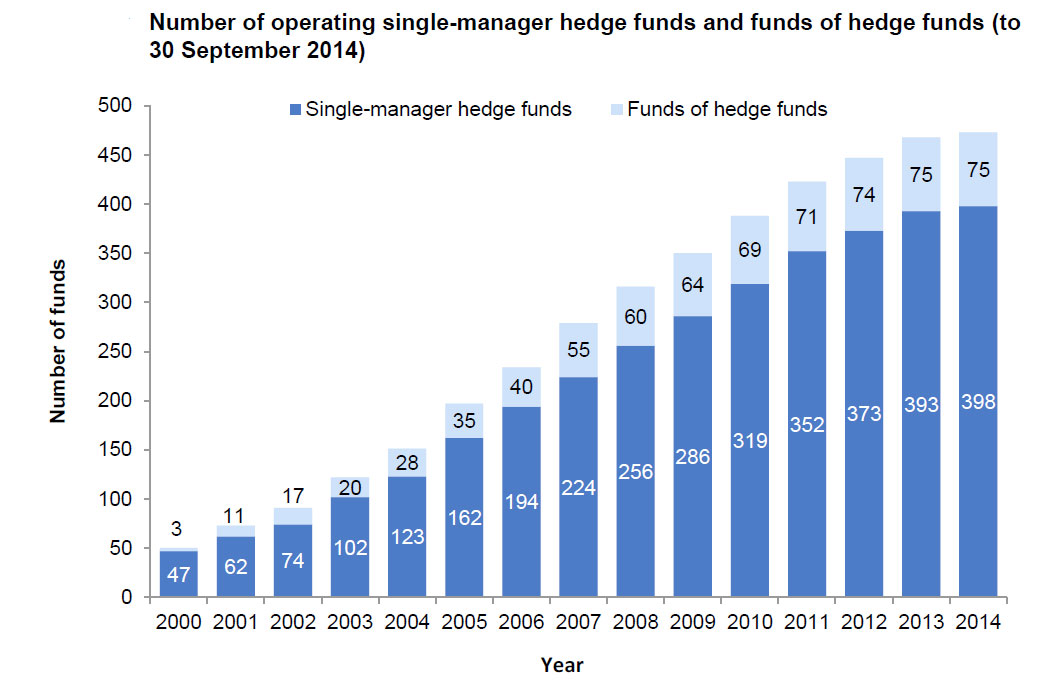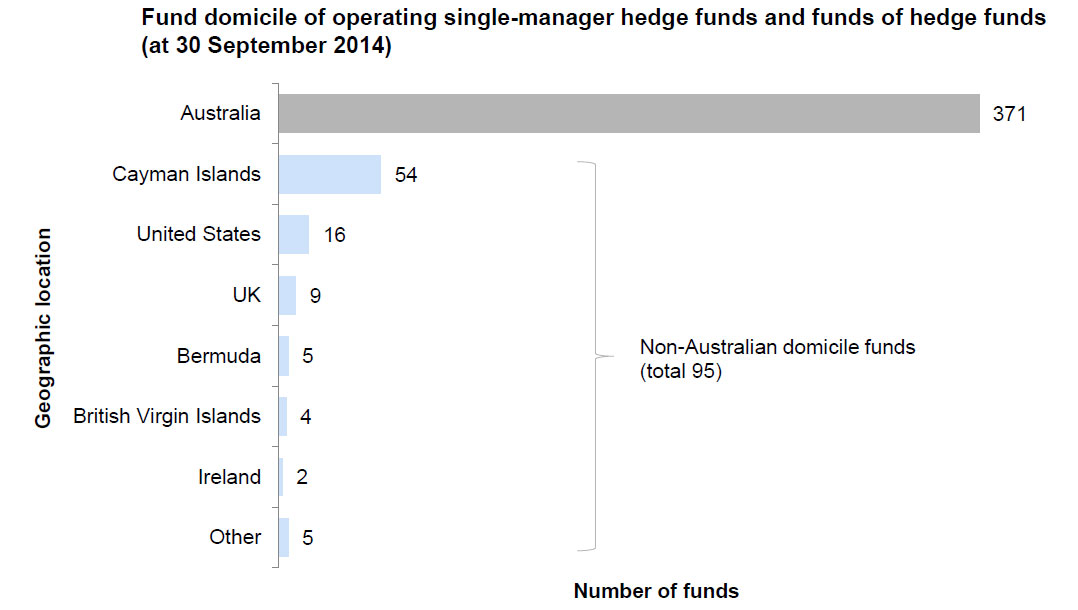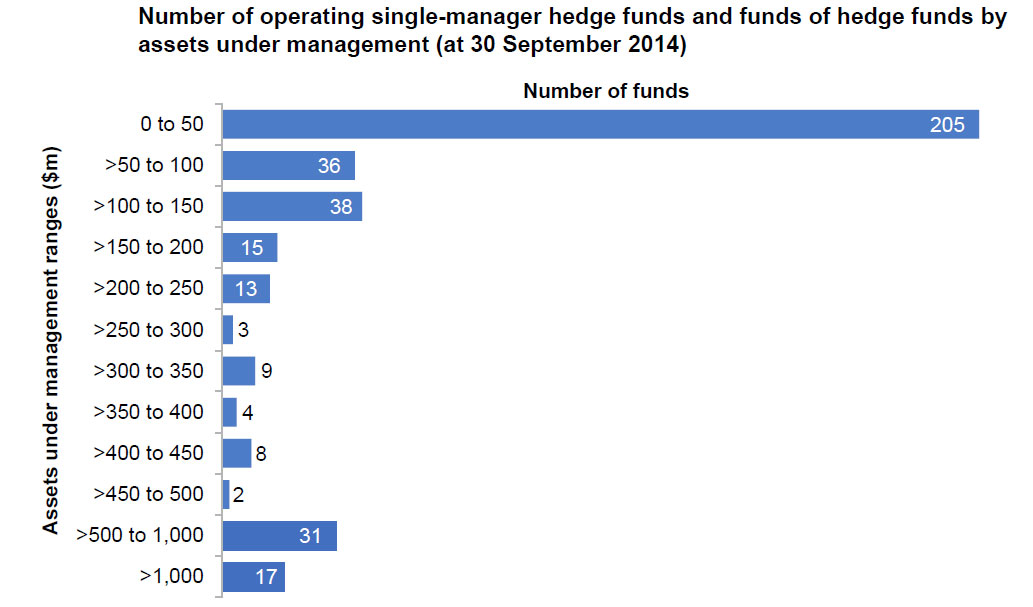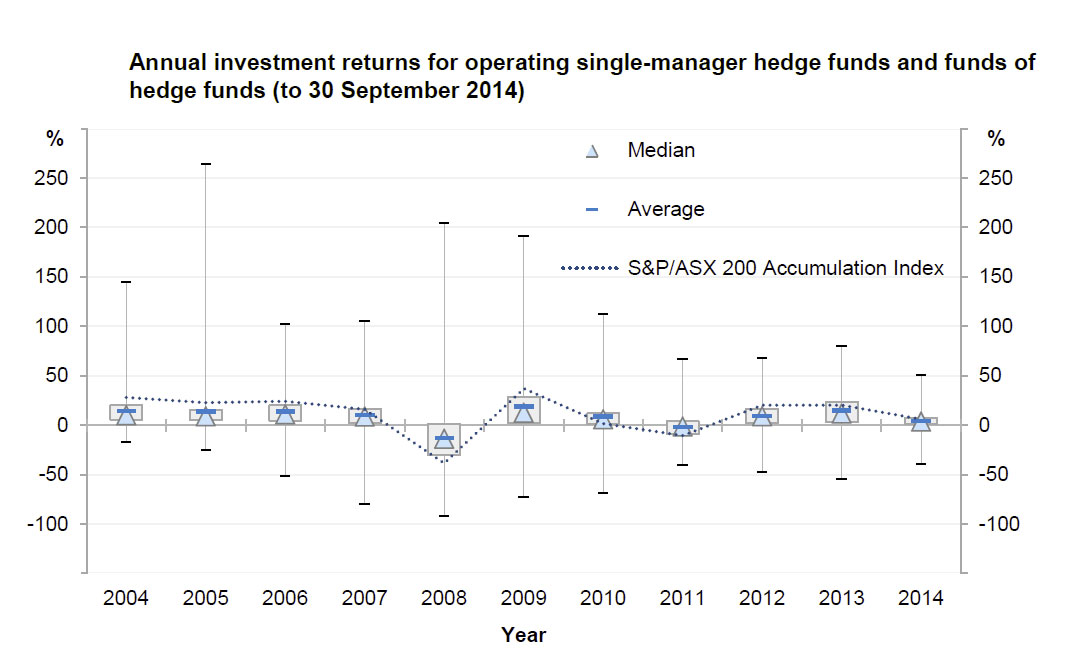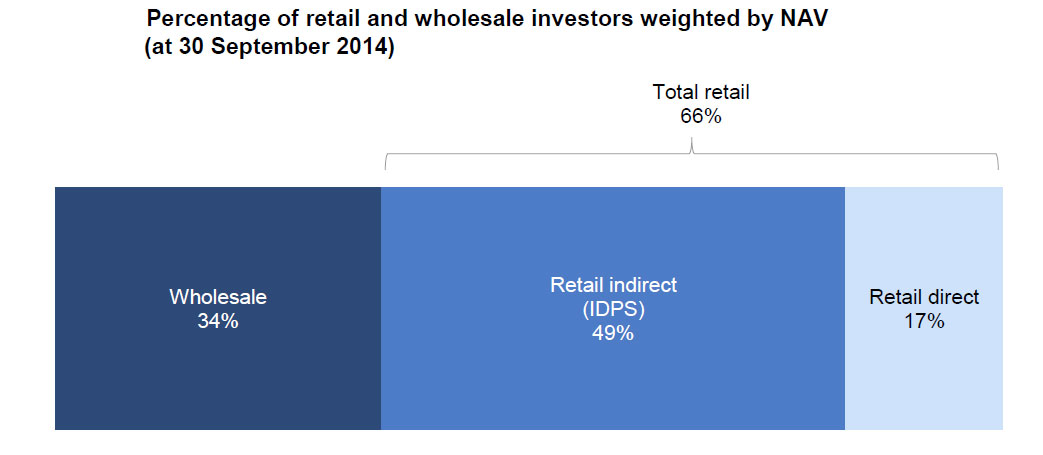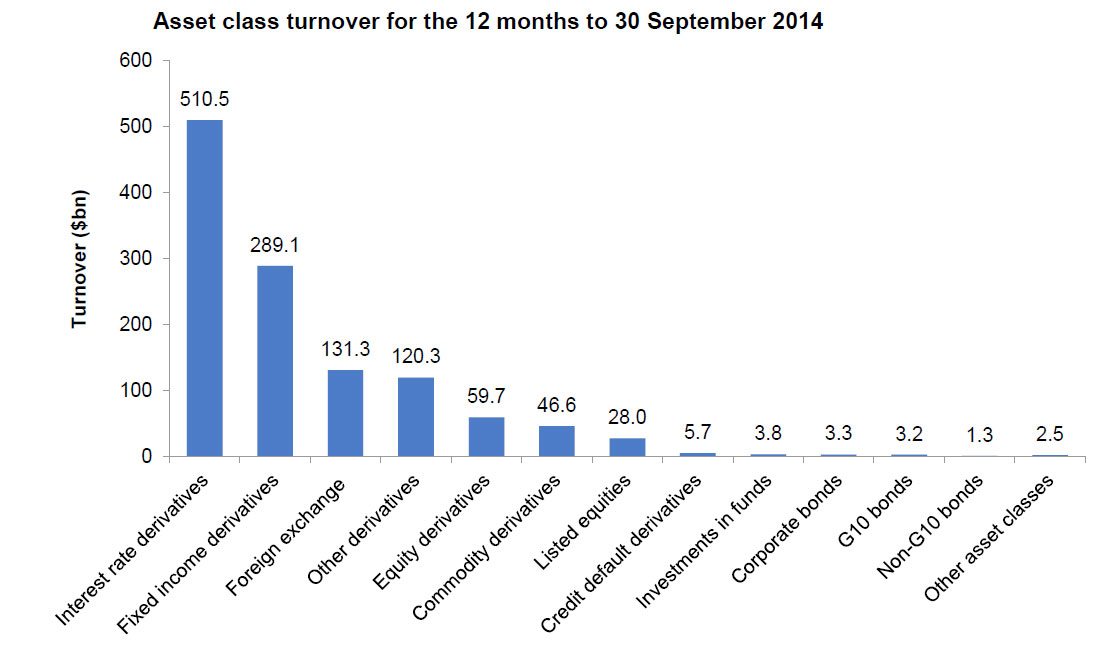Beijing was in full party mode this week as delegates from 50 countries gathered to sign the articles of incorporation for the Asian Infrastructure Investment Bank (AIIB). Seven more countries are due to sign by the end of the year when the bank is expected to formally open its door for business.
This marks yet another milestone in the establishment of a China-led development lender that, according to its charter, aims to finance investments in infrastructure and other “productive” activities in Asia.
The mean and the lean
The share and governance structures of the bank have been under the radar. On one hand, China has vowed to bring something new to the table with a “new type” of multilateral development bank. On the other hand, western countries, whether those that have jumped aboard the bandwagon or those remaining on the sideline (particularly the US and Japan), have been wary. They are concerned the AIIB is part of Chinese plans to expand its geopolitical and economic interests at the expense of “international best practice”.
The proposed structure of the bank has been a compromise between China’s ambition and western concerns. Contributing almost US$30 billion of the institution’s US$100 billion capital base, China collects 30.34% of stake and 26.06% of voting rights within the multilateral institution. This makes China the largest shareholder in the bank, followed by India, Russia and Germany, with Australia and South Korea being equally fifth in shares.
What is notable is that China offered to forgo outright veto power in the bank’s routine operations, which helped win over some key founding members. However, a 26% voting right will give China veto power over “important” decisions that require a “super majority” of at least 75% of votes and approval of two-thirds of all member countries.
According to a report by the Wall Street Journal, the new lender will be overseen by a lean staff, in the form of an unpaid, non-resident board of directors. Established development banks (such as the World Bank) have been accused of being over-staffed, costly, and bureaucratic. But the AIIB approach tilts the power balance to the bank executives who will be based in Beijing and led by a Chinese-appointed governor. More institutional details must be worked out to strike a better balance between transparency, accountability, and efficiency.
Be in it to win it
The fact that a host of its allies have flocked to join China’s AIIB despite a campaign of dissuasion from Washington has sparked some serious soul searching in the power circle of the United States. Ben Bernanke, former chairman of the Federal Reserve, blamed the US Congress for the impasse in approving reforms to the IMF in granting emerging powers, particularly China, greater clout in the institution. Lawrence Summers, former US Treasury secretary, wrote recently that America’s blunder on the AIIB may be remembered as the moment it “lost its role as the underwriter of the global economic system”.
Indeed, Washington could have kicked the ball back to Beijing if it had taken a more participatory approach. The articles of association prove external concerns can be addressed through negotiation and compromise, but one needs to be at the table rather than pointing fingers from outside the room.
The current institutional framework suggests that previous fears of an unfettered Chinese influence within the bank were overblown. Yes, China could exert its veto power on important decisions, but conversations with Chinese bureaucrats suggest China is very unlikely to invoke it. After all, hijacking the agenda with its veto power has been the very way the US governs the institutions under its control, from which China is trying to distance itself.
In addition, it is less noted that the voting rights of the “Western” block, in its widest terms, (including South Korea and Singapore), are more than 30% in total. This means a mutual veto between China and western interests. In practice, this delicate balance tends to lead to negotiated consensus rather than open confrontation.
Engaging the new banker
For a long time, China has been urged to be a “responsible stakeholder” for the international community. The AIIB could well be a touchstone for China to demonstrate its ideas and ways of leadership. As Lou Jiwei, Chinese finance minister, said:
“This is China assuming more international responsibility for the development of the Asian and global economies.”
It is time to turn the table around. Instead of an endless debate on China’s strategic intentions as an emerging power, what we should do is explore ways to shape China’s behaviour to be more aligned with international expectations.
The new development bank presents a rare opportunity to achieve this in a multilateral context. So far China has largely acted on the sidelines in major international institutions, such as the World Trade Organisation and the G20 (before the Brisbane summit), and had leadership experiences in mostly regional settings, such as the Shanghai Cooperation Organisation.
The world has a new banker. However, it lacks expertise in international development finance; it lacks international governance experiences; and its ideas are untested.
These are not reasons for pessimism about the bank’s future. On the contrary, these are the very reasons we should join the initiative. By doing so, we could more effectively shape China’s view of the world and its role in the world when it is in need of ideas, expertise, and most importantly, support.
Whether China will be a friend or foe largely depends on whether we treat it as a friend or foe. After all, as Hillary Clinton once said of the US relationship with China: “How do you deal toughly with your banker?”

